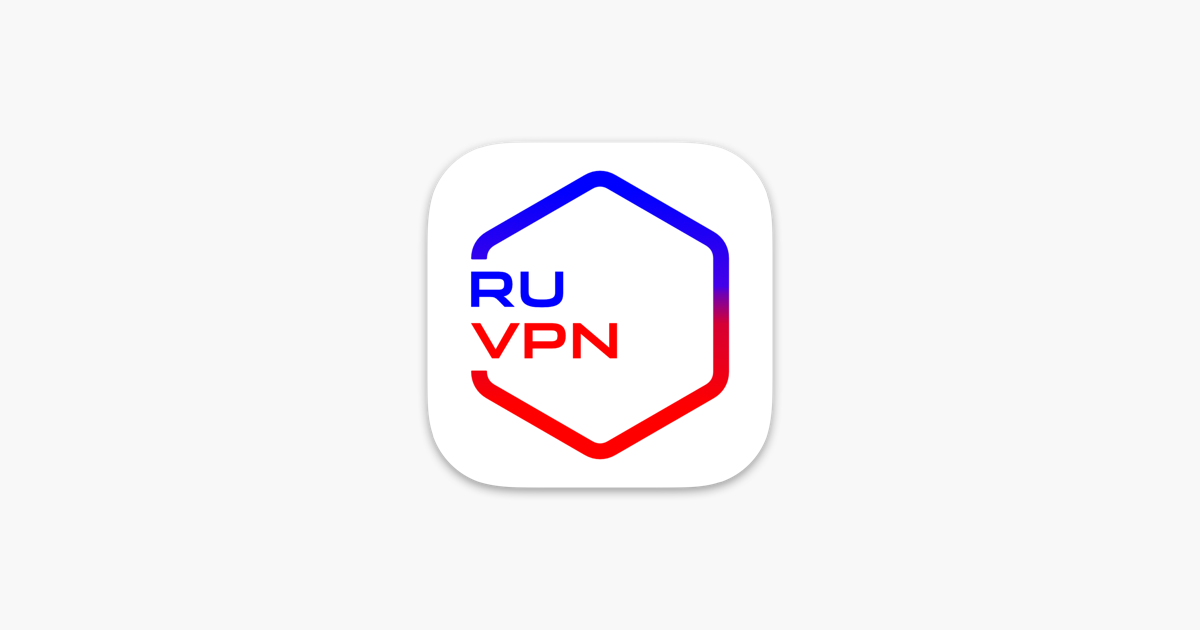How to Protect Your Data When Using Public Wi-Fi

In today's world, public Wi-Fi networks have become an integral part of our daily lives. We use them in cafés, airports, hotels, and shopping centers. However, many people don't realize that these convenient access points can pose a serious threat to the security of our data. Let's explore how to protect your confidential information when connecting to public networks.
Dangers of Public Wi-Fi Networks
Public Wi-Fi networks are particularly vulnerable to various types of cyberattacks. Here are the main threats:
- Man-in-the-middle attacks - malicious actors can intercept data transmitted between your device and the internet.
- Fake access points - hackers create networks with names similar to legitimate ones (for example, "Cafe_Free_WiFi") to lure unsuspecting users.
- Malware and viruses - can spread through unsecured networks.
- Packet sniffing - interception of unencrypted data transmitted over the network.
How to Protect Your Data
1. Use a VPN
A Virtual Private Network (VPN) creates an encrypted tunnel for all your internet traffic. This is the most effective way to protect yourself on public Wi-Fi networks.
Benefits of VPN:
- Encrypts all your traffic
- Hides your IP address
- Protects against many types of cyberattacks
- Allows you to safely use public networks
Choose a reliable VPN provider with a no-logging policy and strong encryption.
2. Verify Network Authenticity
Before connecting to a public Wi-Fi network:
- Confirm the exact network name with the establishment's staff
- Avoid networks without passwords
- Be cautious with networks that have similar but slightly different names
3. Enable Two-Factor Authentication
Two-factor authentication (2FA) adds an additional layer of protection to your accounts. Even if an attacker intercepts your password, they won't be able to gain access without the second authentication factor.
4. Use HTTPS Connections
Always check that the sites you visit use the HTTPS protocol (lock icon in the address bar). This means that data transmitted between your browser and the website is encrypted.
Useful tip: Install a browser extension that automatically redirects you to HTTPS versions of websites when possible.
5. Update Your Software
Regular updates to your operating system and applications fix known vulnerabilities that could be exploited by malicious actors:
- Enable automatic updates
- Regularly check for updates for all applications
- Don't delay installing critical security updates
6. Disable Automatic Wi-Fi Connections
Turn off the automatic connection to available Wi-Fi networks on your devices. This will prevent connections to potentially dangerous networks without your knowledge.
7. Use Mobile Internet for Confidential Operations
If you need to conduct a financial transaction or access confidential information, it's better to use mobile internet instead of public Wi-Fi.
8. Enable Your Firewall
Activate the built-in firewall on your device for additional protection against unauthorized access.
What to Do if You Suspect Your Data Has Been Compromised
- Immediately change passwords for all important accounts
- Check login history on your accounts for suspicious activity
- Scan your device for malware
- Report possible fraud cases to the appropriate services
Conclusion
Public Wi-Fi offers convenience, but at the cost of potential vulnerability to your data. By following the recommendations above, you will significantly reduce risks and be able to safely use the internet in public places. Remember that investing in digital security is an investment in protecting your personal information, finances, and reputation.





